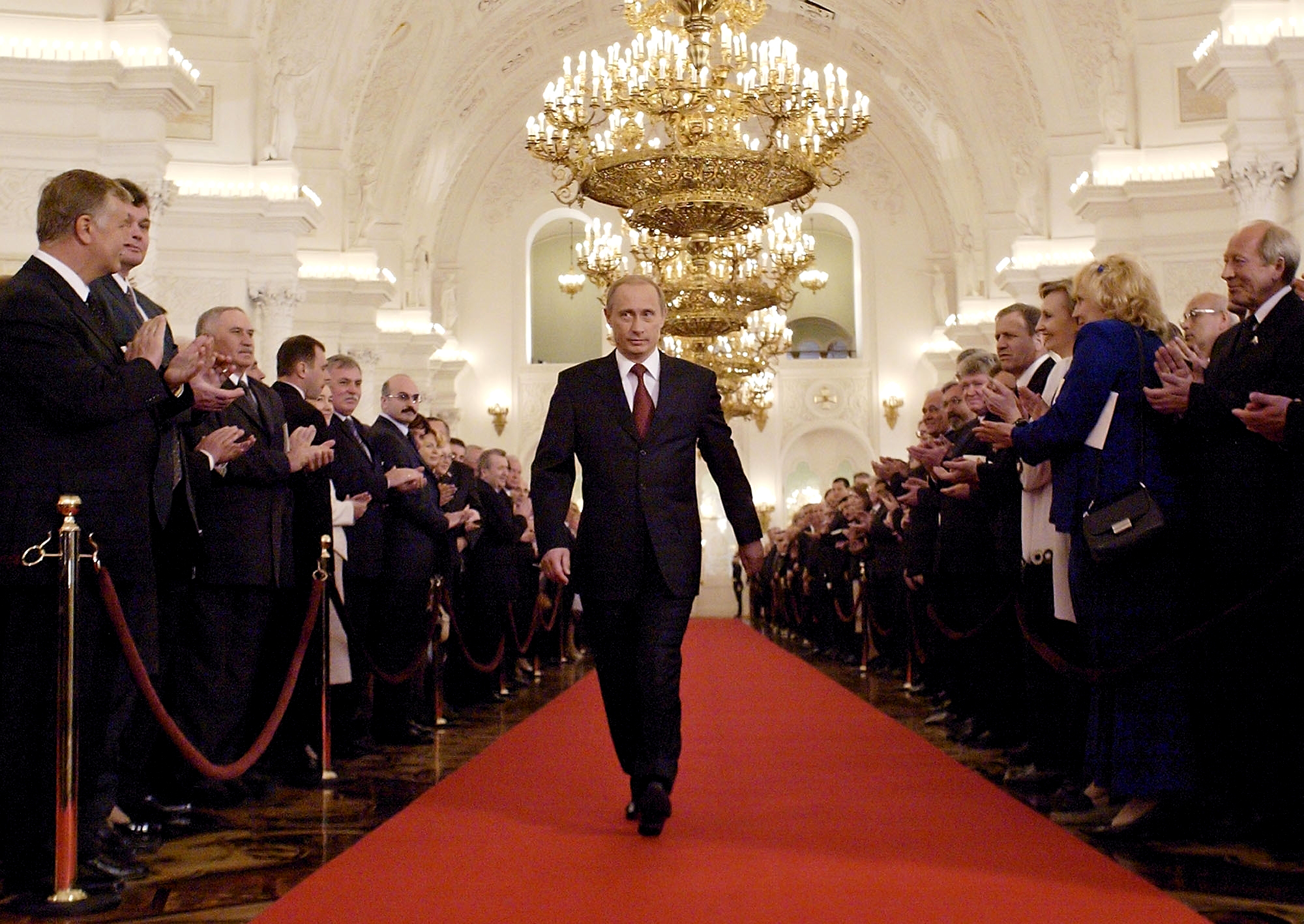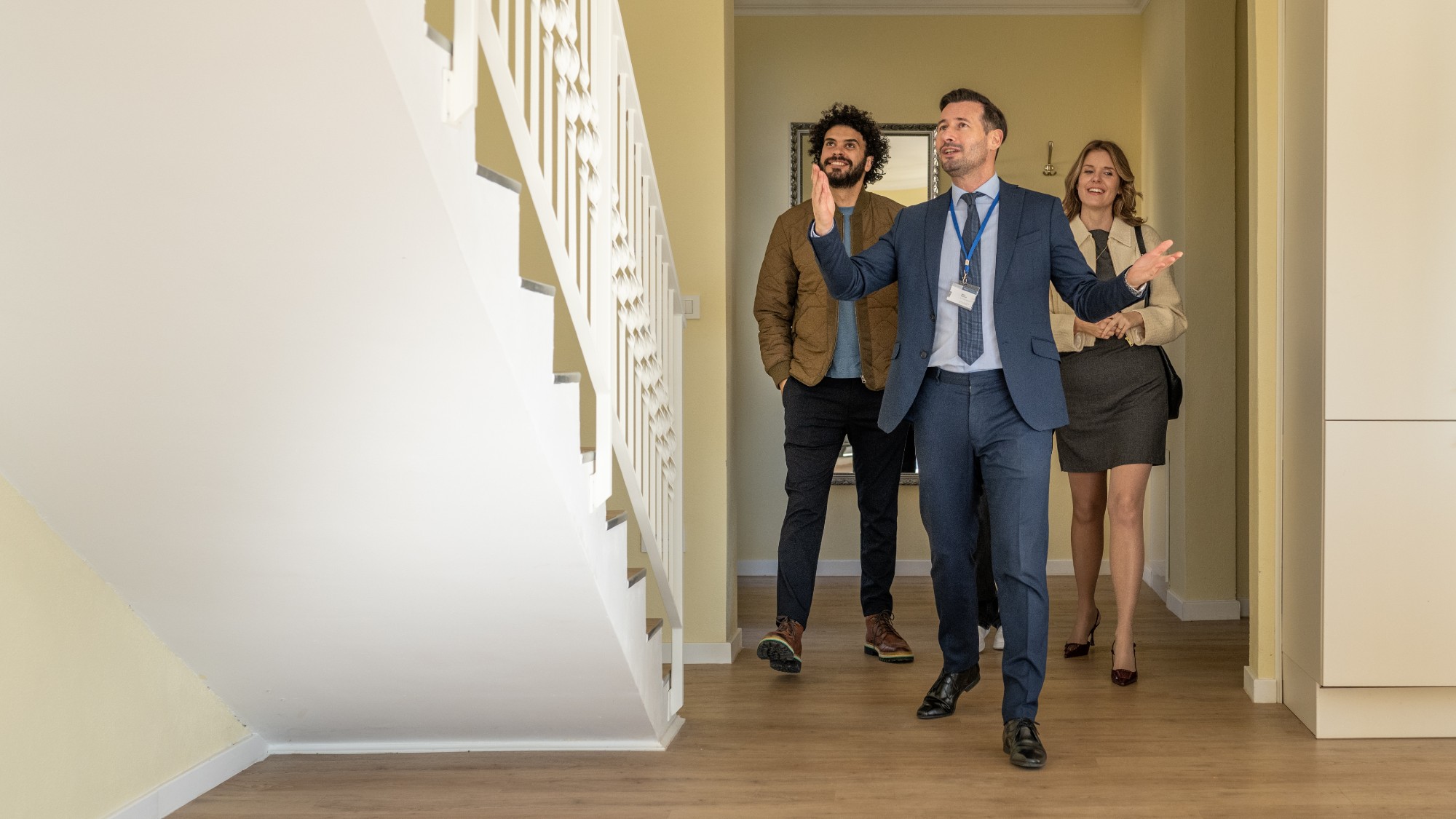The making of Vladimir Putin
How did a former KGB agent rise to become one of Russia's longest-serving ruler since Stalin?

How did a former KGB agent rise to become one of Russia's longest-serving ruler since Stalin? Here's everything you need to know:
Where did Putin grow up?
He was born in Leningrad, now St. Petersburg, in 1952. The city was still recovering from the German siege during World War II, in which Putin's older brother died and his mother nearly starved to death. Post-siege Leningrad was, in the words of Russian journalist Masha Gessen, "a mean, hungry, impoverished place that bred mean, hungry, ferocious children." Putin grew up with two other families in a communal apartment, with a shared sink and stove and no hot water. Short and slight, he was always getting into fights with bigger and stronger children — a disadvantage he overcame by studying judo and the Russian martial art sambo. Putin became, in his own words, "a real thug," and adopted a belligerent approach to combat. "The Leningrad street taught me a rule," he said in 2015. "If a fight is inevitable, you have to throw the first punch."
The Week
Escape your echo chamber. Get the facts behind the news, plus analysis from multiple perspectives.

Sign up for The Week's Free Newsletters
From our morning news briefing to a weekly Good News Newsletter, get the best of The Week delivered directly to your inbox.
From our morning news briefing to a weekly Good News Newsletter, get the best of The Week delivered directly to your inbox.
When did he join the KGB?
In 1975, after studying law at Leningrad State University. He learned German at the KGB's spy school in Moscow, and in 1985 was posted to Dresden. Four years later, Putin watched in dismay as the Berlin Wall came down and communist East Germany crumbled. The KGB headquarters was mobbed by protesters, and when Putin called the local Soviet military command, he was told they could do nothing because "Moscow is silent." Putin faced the crowd himself, warning that his soldiers — who were actually unarmed — would fire if protesters tried to enter the building. Putin's German biographer, Boris Reitschuster, says the sight of a mob of formerly docile citizens overthrowing their authoritarian leaders was a shock that shaped Putin's worldview. "I think it's the key to understanding Putin," Reitschuster says. In post-Soviet Russia, Putin worked in St. Petersburg for the city's first democratically elected mayor and quickly built a reputation as an effective back-room fixer. He resigned from the KGB in 1991 — though he retained close links to the agency. "There is no such thing," he said in 2004, "as a former KGB man."
How did he rise to the top?
In 1996, Putin moved to Moscow to work in the Kremlin and was quickly promoted to be the chief administrator's number two. Soon enough, he found another leader in need of a reliable deputy: the drunken and erratic President Boris Yeltsin, who in 1998 made him the head of the FSB, successor to the KGB. Regarded as a malleable figurehead for Yeltsin and his business allies, Putin was appointed prime minister in August 1999. He immediately made his mark, launching a brutal campaign against separatists in Chechnya after a series of terrorist bombings that killed almost 300 people. (Critics claim the attacks were in fact orchestrated by the FSB to provide a pretext for the war.) On New Year's Eve 1999, Yeltsin stepped down, making Putin acting president.
A free daily email with the biggest news stories of the day – and the best features from TheWeek.com
Why has he been so successful?
Thanks to Yeltsin's disastrous economic reforms, Russia had gone into deep recession in the 1990s, with runaway inflation. In his 2000 manifesto, Putin pledged to rebuild the Russian state and ensure domestic stability. In the early years, buoyed by high oil prices, he provided strong economic growth. At the same time, he began reversing Russia's newfound freedoms, taking control of the news media and creating a "managed democracy" with only token opposition movements. He destroyed anyone who dared criticize his new political order: Billionaire oligarchs such as Mikhail Khodorkovsky were jailed; critical journalists and legislators were murdered. Putin's unspoken "social contract" — authoritarian control in return for stability — has proved mostly popular, although there are occasional outbreaks of protest.
Why are relations with the West so bad?
Putin saw a grave threat to Russia's identity in the expansion of NATO into Eastern Europe, and in the pro-Western "color revolutions" in the former Soviet satellite states of Georgia and Ukraine in 2003–04. Russian influence has since been reasserted by force. In 2008, Putin's troops invaded Georgia in support of the pro-Russian breakaway regions of South Ossetia and Abkhazia; in 2014, following a popular uprising that ousted Ukraine's pro-Kremlin president, Viktor Yanukovych, Russian forces annexed Crimea and launched a covert invasion of eastern Ukraine.
What does Putin believe in?
It's hard to tell. Walter Laqueur, a political scientist, suggests there is no such thing as Putinism beyond "nationalism accompanied by anti-Westernism." Others describe Putin as a gangster at heart — his private fortune is estimated to be in the billions. But though he is no communist, Putin has been consistent in his view that the breakup of the Soviet Union was "the greatest geopolitical catastrophe" of the 20th century. Putin has reportedly told aides that "the greatest criminals in our history were those weaklings who threw the power on the floor — [Tsar] Nicholas II and [Mikhail] Gorbachev — who allowed the power to be picked up by the hysterics and the madmen." Putin has vowed never to surrender power to the rabble.
Putin's personal life
As befits a KGB man, Putin has managed to keep his personal life largely under wraps. We do know that he married his wife, Lyudmila, in 1983, but that they lived apart for a long time and announced their divorce in 2013. Lyudmila has described him as a workaholic and has since remarried. The couple has two daughters, who attended college under false names and now are academics in their early 30s. In recent years, Putin has been linked with a number of women, notably the former gymnast and politician Alina Kabaeva. A vain man, the president is believed to have had cosmetic treatments to maintain his youthful looks in recent years, including Botox, an eye lift, and cheek fillers. Today, he lives and works in isolation at Novo-Ogaryovo, the presidential estate outside Moscow, rising in the late morning, and keeping his courtiers waiting while he works out in the pool and the gym. His favorite sport is ice hockey: He plays as much as he can with his intimates, who are mostly oligarchs and associates from St. Petersburg, and fills out the teams with bodyguards. He invariably scores several goals, and his side always wins.
-
 Do you have to pay taxes on student loan forgiveness?
Do you have to pay taxes on student loan forgiveness?The Explainer As of 2026, some loan borrowers may face a sizable tax bill
-
 Planning a move? Here are the steps to take next.
Planning a move? Here are the steps to take next.the explainer Stay organized and on budget
-
 What should you look out for when buying a house?
What should you look out for when buying a house?The Explainer Avoid a case of buyer’s remorse
-
 Why Greenland’s natural resources are nearly impossible to mine
Why Greenland’s natural resources are nearly impossible to mineThe Explainer The country’s natural landscape makes the task extremely difficult
-
 Iran cuts internet as protests escalate
Iran cuts internet as protests escalateSpeed Reada Government buildings across the country have been set on fire
-
 US nabs ‘shadow’ tanker claimed by Russia
US nabs ‘shadow’ tanker claimed by RussiaSpeed Read The ship was one of two vessels seized by the US military
-
 How Bulgaria’s government fell amid mass protests
How Bulgaria’s government fell amid mass protestsThe Explainer The country’s prime minister resigned as part of the fallout
-
 Femicide: Italy’s newest crime
Femicide: Italy’s newest crimeThe Explainer Landmark law to criminalise murder of a woman as an ‘act of hatred’ or ‘subjugation’ but critics say Italy is still deeply patriarchal
-
 Brazil’s Bolsonaro behind bars after appeals run out
Brazil’s Bolsonaro behind bars after appeals run outSpeed Read He will serve 27 years in prison
-
 Americans traveling abroad face renewed criticism in the Trump era
Americans traveling abroad face renewed criticism in the Trump eraThe Explainer Some of Trump’s behavior has Americans being questioned
-
 Nigeria confused by Trump invasion threat
Nigeria confused by Trump invasion threatSpeed Read Trump has claimed the country is persecuting Christians